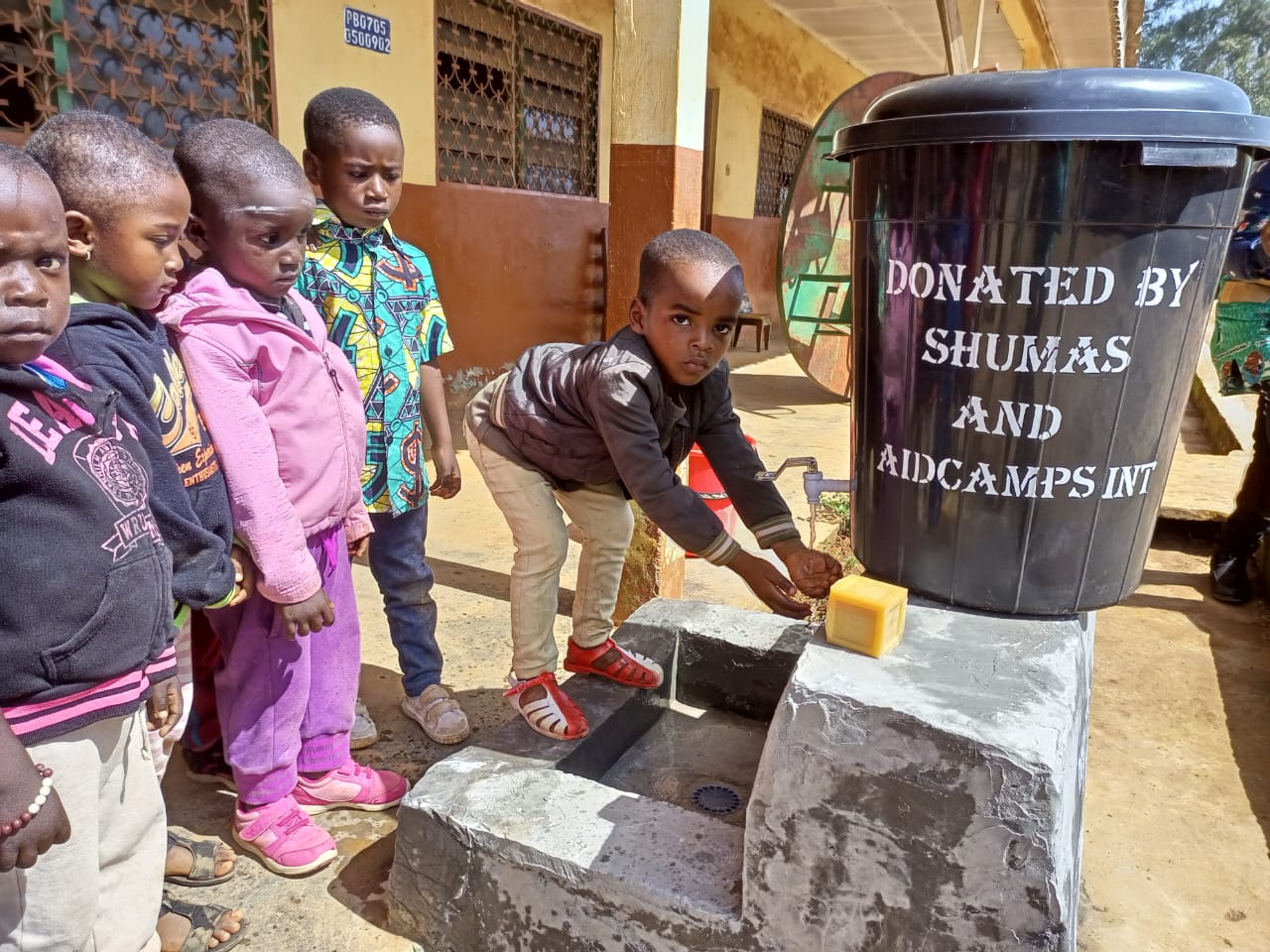Water, Sanitation & Hygiene (WASH)
BACKGROUND
The problem of access to safe water, sanitation, and hygiene (WASH) is a significant challenge in Cameroon, particularly in rural areas. Over 40% of the population lacks access to clean drinking water, and only about 17% of the population has access to improved sanitation facilities. This situation is compounded by poor hygiene practices, such as open defecation, which contribute to the spread of waterborne diseases such as cholera and diarrhea. The lack of access to WASH services also disproportionately affects women and girls, who are often responsible for collecting water and are at risk of violence and sexual assault in the process. Addressing the WASH challenge in Cameroon requires significant investment in infrastructure, behavior change communication, and the involvement of communities in the planning and implementation of WASH projects.
Water borne diseases and open defecation are common features in our rural and urban communities in Cameroon. Many villages and communities still fully depend on unprotected water sources for their water for drinking, cooking, bathing and other domestic uses. Some of these unprotected water sources like streams and springs are sometimes shared with animals which have been a major source of contamination and course of cholera outbreaks and other water related diseases in the country especially in rural and urban poor communities.
The situation is made worst by open defecation in these communities totally jeopardizing the sanitation situation of the community and its inhabitants.
Schools and health units in many of these rural and urban poor communities do not have access to basic toilet facilities and or potable water. Teaching and learning processes in these schools are hindered while proper health care delivery cannot be guaranteed without access to toilets, showers and water in the health units.
With the degeneration of Humanitarian crisis (Anglophone crisis, Boko Haram in the Far-North and the Rebels in the East), many people have been forced to flee their homes and have taken shelter in bushes and forests with very precarious water and sanitation situations. Untreated contaminated water from open unprotected sources shared with animals has been their only source of water while open defecation is very common among these IDPs in bush/forest settlements. Water borne diseases have therefore been the order of the day among these IDPs.
An estimated 4.7 million people need humanitarian assistance and protection OCHA 2023.
OBJECTIVE
The overall objective of the program is to ensure the availability and sustainable management of water and sanitation for all by improving access to potable water and basic sanitation facilities for rural and urban poor communities in Cameroon.
INTERVENTION STRATEGY
- Construction and rehabilitation of rural, urban poor, and IDP hard to reach bush/forest community water by gravity, protected wells or boreholes.
- Provision of potable water for rural and urban poor Schools and Health centers.
- Construction of gender segregated VIP toilets for rural, urban poor schools and health centers and IDP hard to reach bush/forest.
- Provision of WASH kits to IDPs and training on water treatment
ACHIEVEMENTS
- More than 160 rural and urban poor communities, 150 schools, and 30 health centers have been provided with potable water.
- Water management committees have been trained in all communities, schools and health centers that have benefited from the water and sanitation program.
- Moreover, the catchment areas of all water projects are protected through life fencing and planting of water shed trees.
- More than 120 gender segregated VIP toilets constructed for schools and health centers with hand washing facilities.
- Construction of 2 gender sensitive VIP toilets for an IDP bush site for 30 households of 172 individuals.
- Provided 13 tippy tap hand washing stations in schools for the fight against the COVID-19 pandemic.
- 533 IDP and vulnerable host community households (3198 individuals) benefited from WASH kits distribution and training on water management
CHALLENGES
- Insecurity in the conflict zones of the North and South-West regions (Coupled with frequent lock downs in some communities and road blockage).
- Bad roads in some communities and limited transport facilities consequently increase the cost of transportation, thereby reducing the number of beneficiaries to be reached.
- Insufficient funds for the running and execution of projects to meet the needs in the field.
- Climate change affecting water sources.
- The humanitarian crisis in the country have pushed many in need of WASH interventions however, the funding for humanitarian crisis especially the ongoing Anglophone crisis in the NW-SW have been poorly funded leaving a handful of displaced populations in the bushes without any assistance.
- Sustainability of some projects executed in some crisis communities are challenging, as some communities settlement very volatile and people constantly migrate in search of safety.
GALLERY
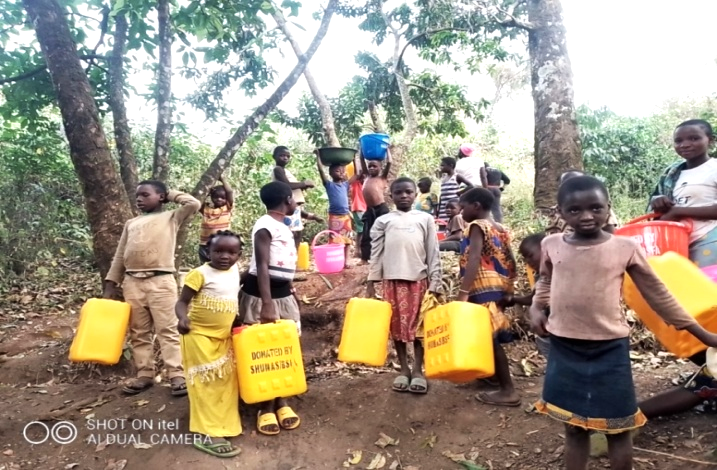
( WASH kits distribution in Fungom IDP settlement)
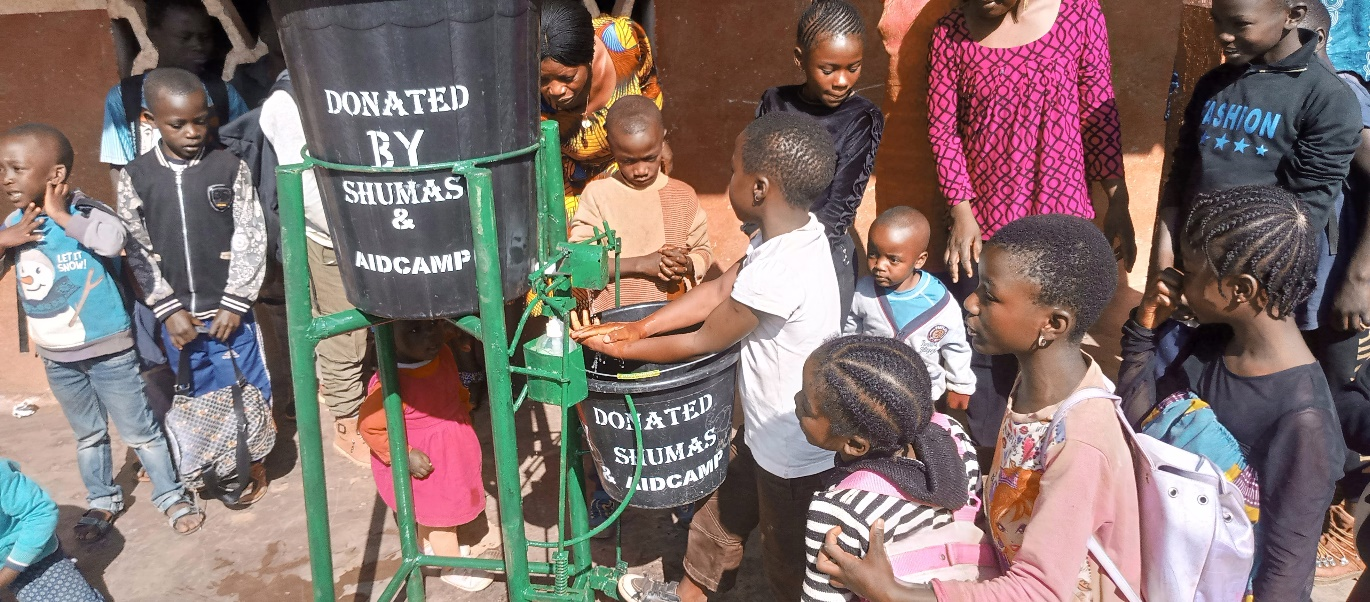
(Wash hand machine in PS Tubah: WASH station in School)
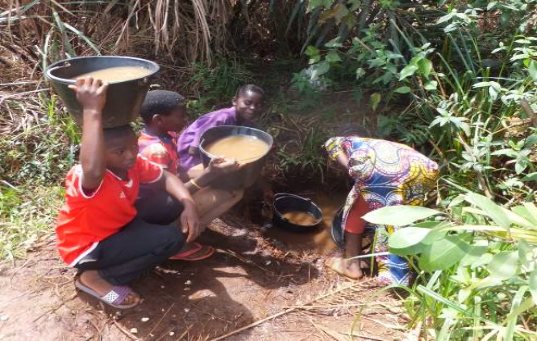
(Former water source)
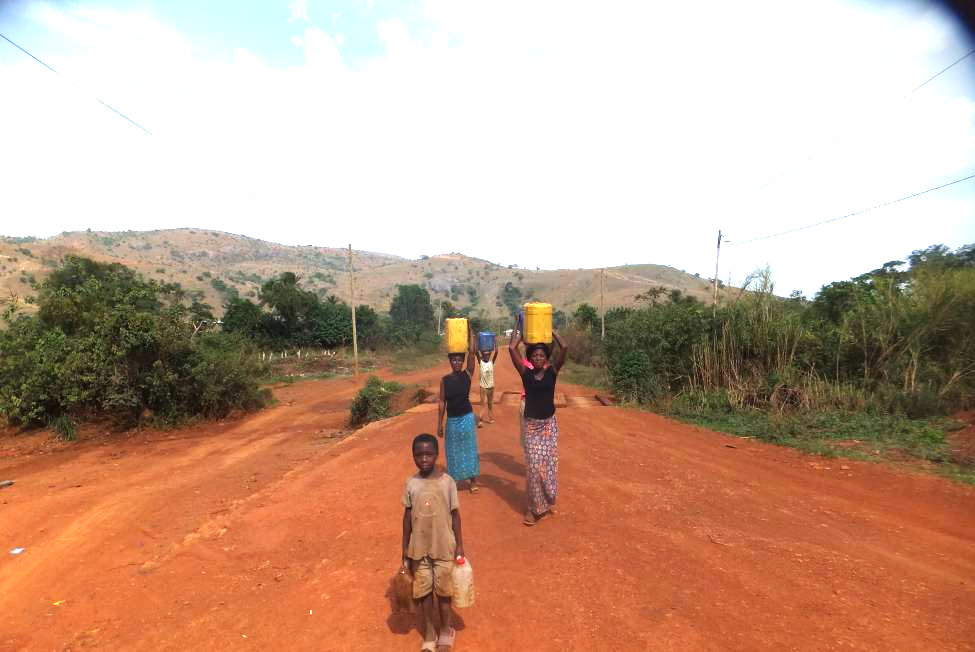
(community members on their way back from fetching water in far-away streams)
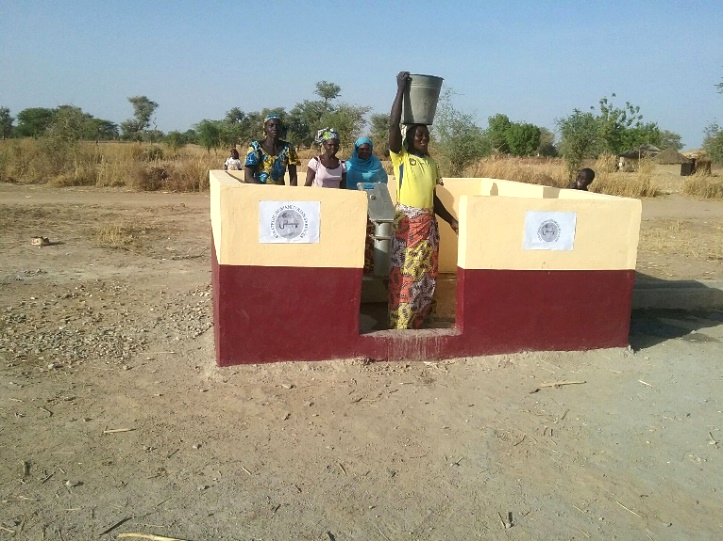
(Beneficiaries fetching water from a borehole constructed by SHUMAS)
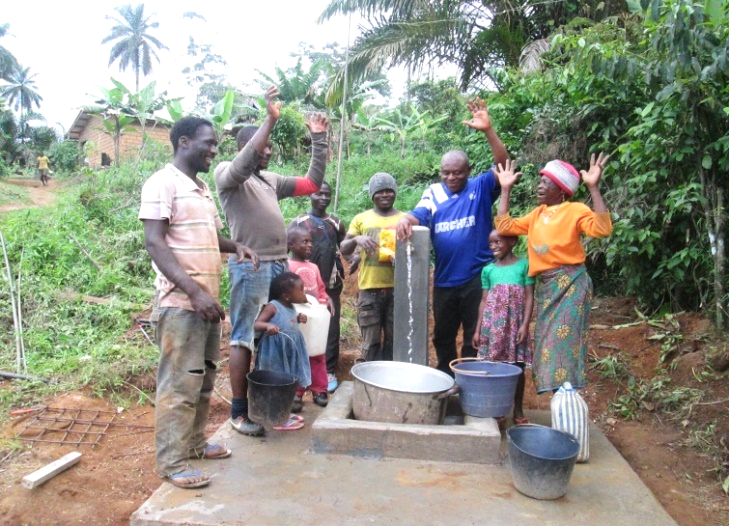
(Women carrying water from a newly constructed bore hole and newly constructed taps)
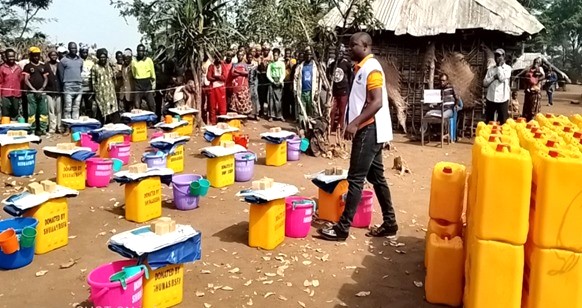 (Distribution of WASH kits to internally Displaced Persons)
(Distribution of WASH kits to internally Displaced Persons)
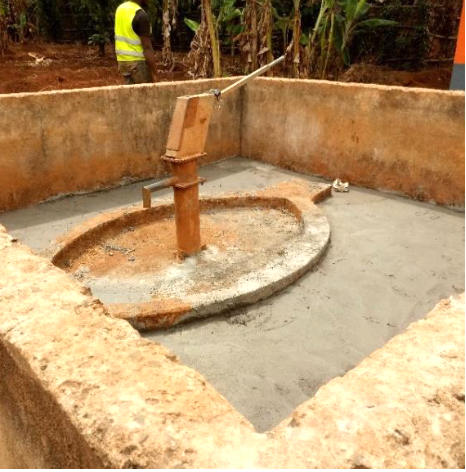
(Borehole construction)
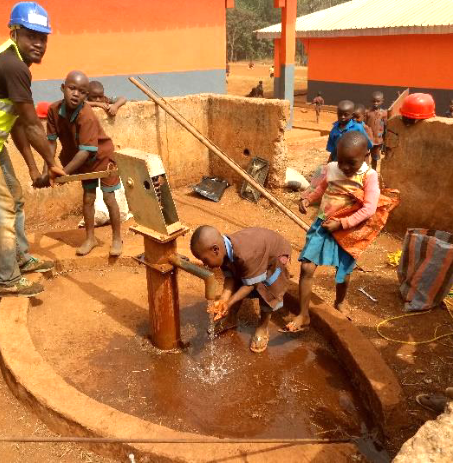
(Children carrying water from newly constructed borehole)
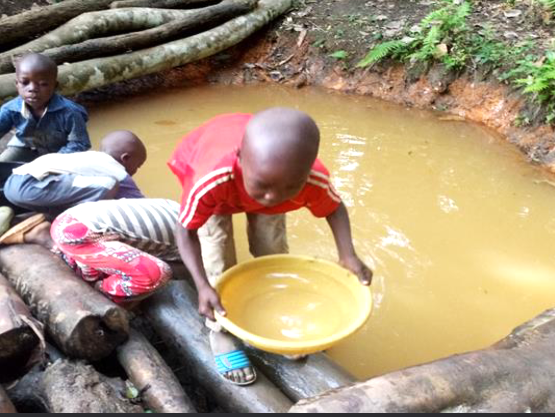
(Previous water soirce; child fetching watr from stream)
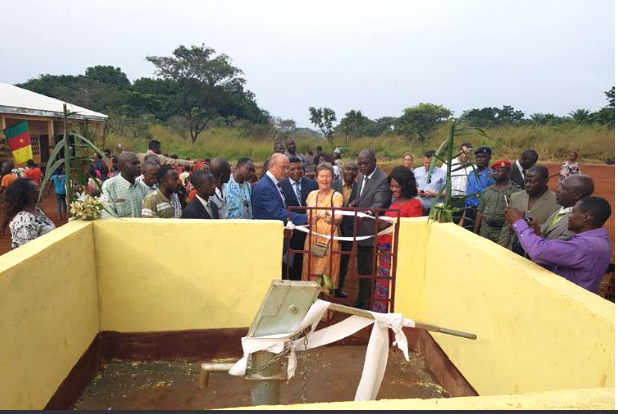
(Newly constructed borehole)
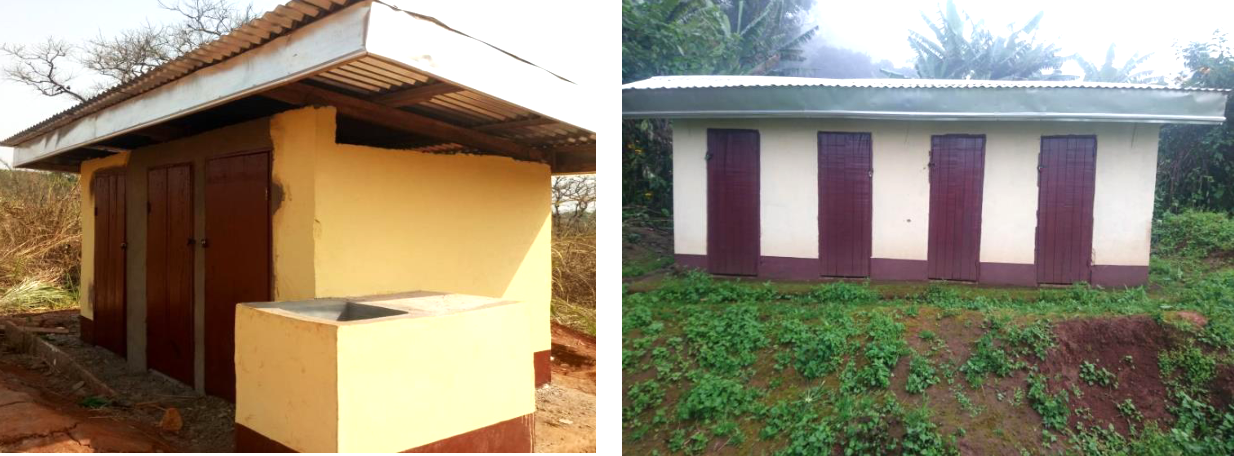
(4 compartment toilet block constructed for community)
